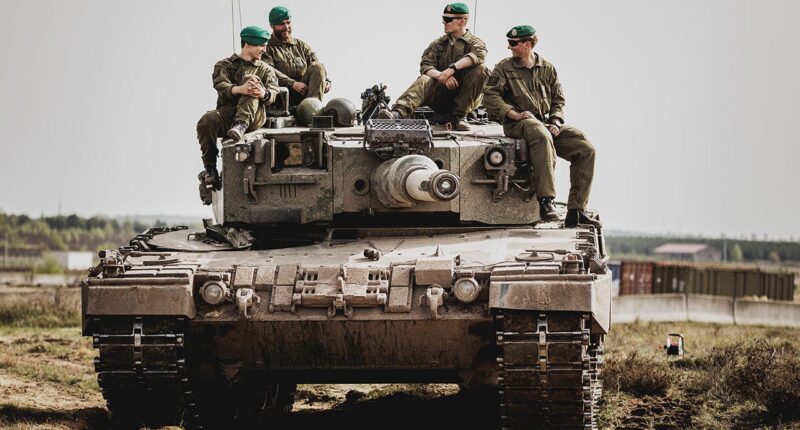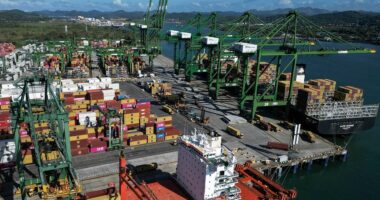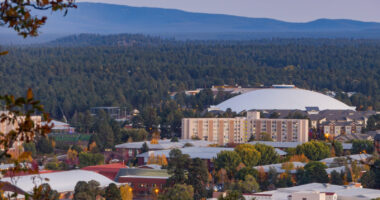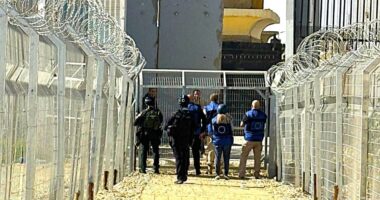Share this @internewscast.com
On Friday, Russian authorities reacted strongly to NATO’s newly disclosed deterrence strategy, which aims to consolidate the alliance’s ground response efforts. Moscow is particularly concerned about the risks this poses to its heavily fortified territory, Kaliningrad.
Officials’ voices echoed throughout the Kremlin as a response to a deterrence approach outlined this week by Gen. Christopher Donahue, head of U.S. Army Europe and Africa. One official claimed this strategy signifies “a plan to initiate World War III leading to a global impasse [where] no one emerges victorious.”
The chairman of the Russian Parliamentary Committee on International Affairs, Leonid Slutsky, emphasized to the East 2 West media outlet, “An assault on the Kaliningrad area equates to an assault on Russia, triggering all appropriate countermeasures as dictated, including the nuclear doctrine.”
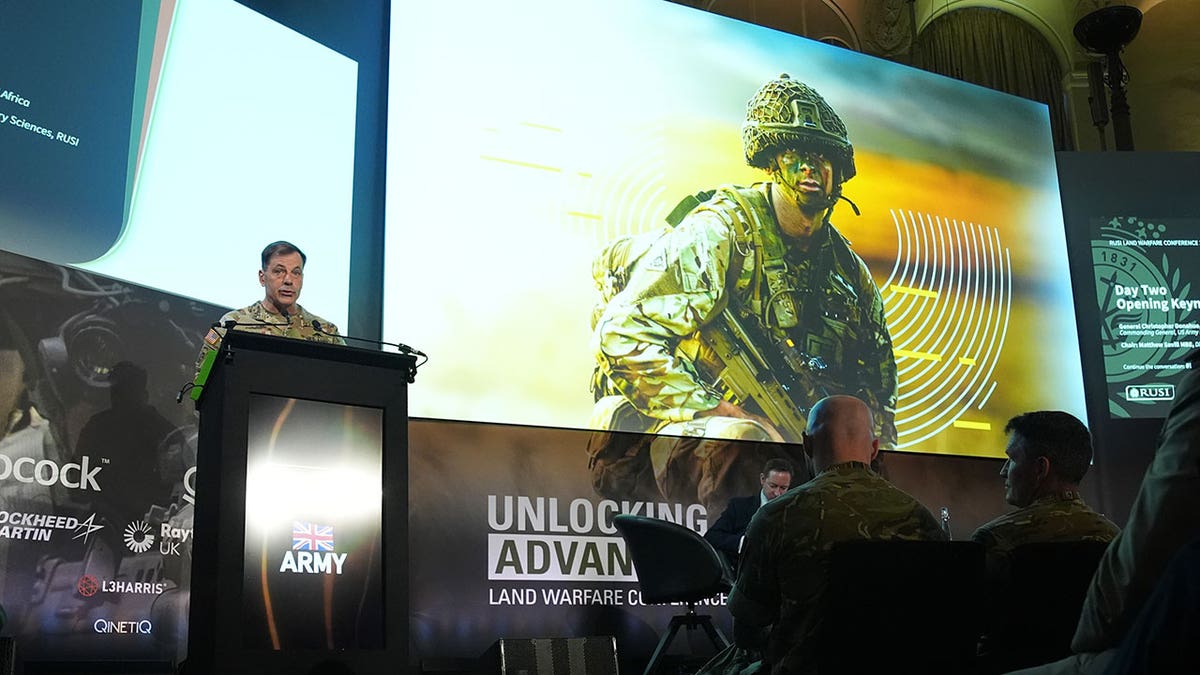
Commanding General, US Army Europe and Africa General Christopher Donahue delivers a speech to the Royal United Services Institute (Rusi) conference, at Church House, Westminster on Wednesday June 18, 2025. (Lucy North/PA Images via Getty Images)
Renewed focus has been brought to a sparsely populated strip of land known as the Suwalki Corridor, also known as the Suwalki Gap, which runs less than 60 miles in length and marks the Lithuania-Polish border.
But the strip of land is also the only possible direct route between the Russian territory of Kaliningrad and that of ally to Russian President Vladimir Putin, Belarus.
“It’s Putin’s gap. It’s our corridor,” Russia expert and adjunct senior fellow at the Foundation for Defense of Democracies, Peter Doran, told Fox News Digital. “Putin wants to close it. We must keep it open.
“All eyes in the Baltic States are focused on a potential military threat in the next few years, whereby Russia would reconnect the land corridor to Kaliningrad,” Doran highlighted. “That’s what has got a lot of people paying attention to Russia’s military force posture in the Baltic region.”
Donahue’s comments regarding NATO’s increased capabilities in the Baltic region not only didn’t go unnoticed by Russian leadership, but they highlighted the significant focus there is on the small Russian territory.
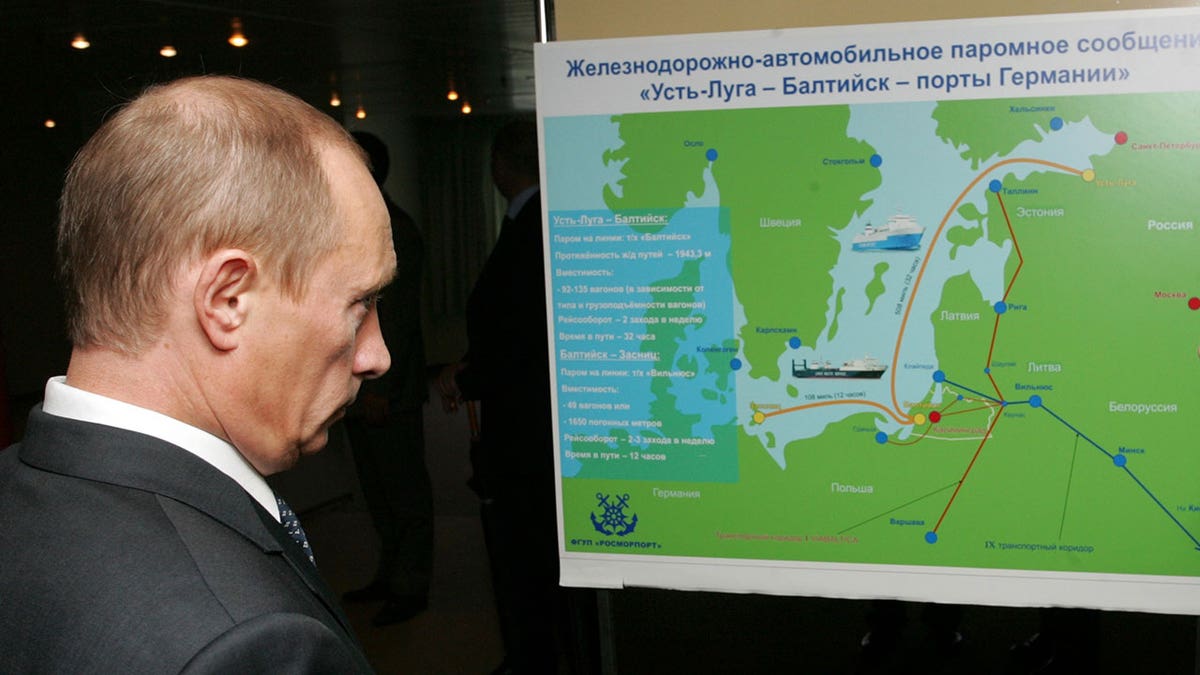
Russian President Vladimir Putin ((L) looks on a map with new ferry route that will allow trains to travel between the Kaliningrad exclave and the rest of Russia without traversing other countries, as they must when traveling by land, Russia RUSSIA – Sept. 10, 2006 (Konstantin ZAVRAZHIN/Gamma-Rapho via Getty Images)
“Kaliningrad is Russian territory, and such threats are essentially a declaration of war,” Sergei Muratov, who serves on the Russian parliamentary committee on defense and security, told the East 2 West outlet.
Muratov said a full-scale war with NATO would be a very “different conversation” to the current war in Ukraine.
“None of them are ready for this,” he added.
Fox News Digital could not immediately reach U.S. European Command for comment.
